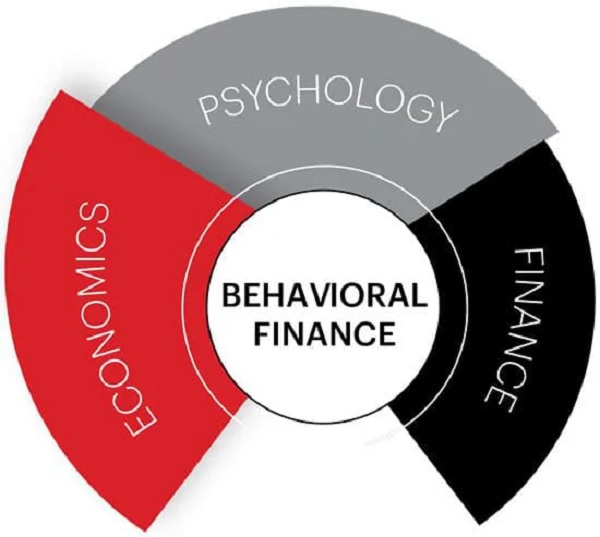
Behavioral finance is a fascinating and interdisciplinary field that melds principles of psychology and finance to unravel the intricacies of human decision-making within financial contexts. It operates on the premise that individuals, far from being perfectly rational actors, are prone to cognitive biases, emotional influences, and social pressures that often lead them astray from what would be deemed purely rational economic behavior. By delving into the psychological aspects of financial decision-making, behavioral finance seeks to understand why people deviate from traditional economic models and how these deviations impact financial markets.
One of the core elements explored in behavioral finance is cognitive biases. These biases represent systematic patterns of deviation from norm or rationality in judgment and often play a significant role in financial decisions. Loss aversion, for example, reflects the inclination of individuals to prefer avoiding losses over acquiring equivalent gains. This bias can result in risk-averse behavior, even when such aversion may not be economically optimal. Overconfidence, another cognitive bias, manifests as an overestimation of one's ability to predict outcomes accurately. This overconfidence can lead to excessive trading and unwarranted risk-taking.
Emotional influences also hold sway in behavioral finance. Fear and greed, two powerful emotions, can drive market trends, leading to irrational exuberance or unwarranted panic. Regret aversion, the fear of making choices that may result in subsequent regret, can also influence financial decisions, often prompting individuals to avoid actions that may be rational but carry potential for remorse.
Herd behavior is another phenomenon explored within behavioral finance. This behavioral tendency involves individuals following the actions of the majority, even if such actions defy logic. Herd behavior can lead to the creation of market bubbles, where asset prices surge beyond their intrinsic values, as well as market crashes, where panic-driven selling ensues.
Overcoming the challenges posed by behavioral finance requires a multifaceted approach. Awareness serves as the first step — individuals need to recognize and understand the cognitive biases and emotional influences that may impede rational decision-making. Education plays a pivotal role in enhancing financial literacy, equipping individuals with the knowledge and skills needed to make more informed choices.
Setting clear financial goals acts as a guiding beacon, providing a reference point for decision-making. By defining objectives, individuals can navigate through the noise of short-term market fluctuations and focus on the long-term trajectory. Diversification is another effective strategy. By spreading investments across various assets, individuals can mitigate the impact of individual investment decisions and reduce risks associated with herd behavior.
Professional advice should not be overlooked. Financial advisors, armed with expertise and objectivity, can provide guidance that counters emotional biases. Implementing rules-based systems and utilizing technology, such as automated investment platforms, can also enforce disciplined and systematic investment strategies.
Regularly reviewing and reassessing financial plans is crucial. As circumstances change, so too should financial strategies. Practicing patience is a fundamental aspect of overcoming behavioral finance challenges. Avoiding impulsive decisions driven by short-term market fluctuations and maintaining a long-term perspective can foster more rational and disciplined decision-making.
In conclusion, behavioral finance sheds light on the intricate interplay between psychology and finance. By understanding cognitive biases, emotional influences, and social pressures, individuals can adopt strategies to overcome these challenges and make more informed, rational financial decisions. It is an ongoing journey of self-awareness, education, and disciplined planning that empowers individuals to navigate the complexities of the financial landscape.